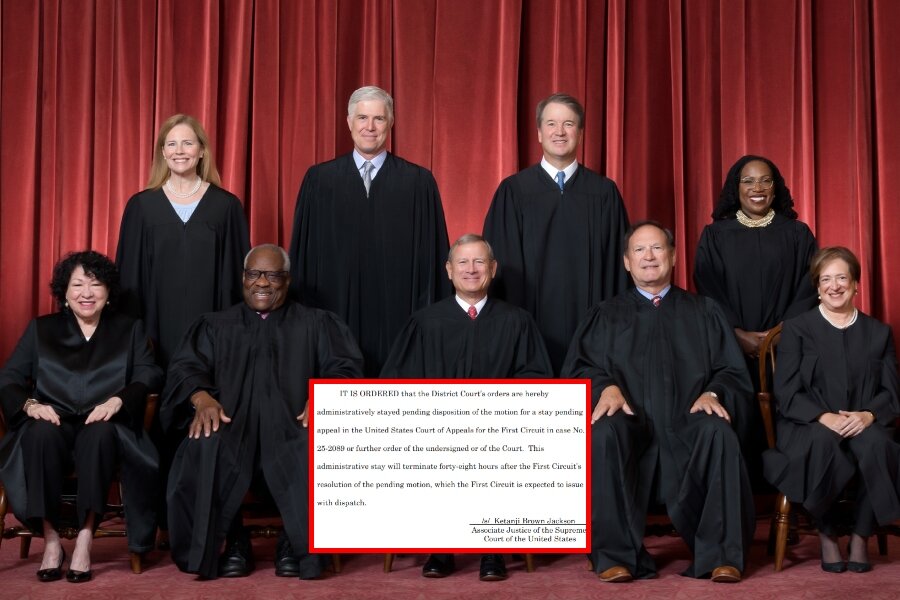The Trump administration has asked the Supreme Court to pause a lower court ruling that prevented the deployment of National Guard troops to Illinois, citing a federal statute granting the president such authority.
U.S. Solicitor General John Sauer wrote to the court on Nov. 10 to explain the interpretation of “regular forces” under federal law that allows the president to take command of state National Guard troops. The letter was sent in response to the Supreme Court’s Oct. 29 request for clarification.
Sauer stated in the letter that, under Section 12406, the president is authorized to deploy the National Guard when he is “unable with the regular forces to execute the laws of the United States.” The term “regular forces” in this provision does not refer to the standing military, but rather to the “civilian forces that regularly execute the laws at issue but are unable to do so in present circumstances,” according to the letter.
Sauer noted that the standing military—referring to active-duty forces—is more suited to address invasions and rebellions than to address obstructions to civil law enforcement.
He added that the United States has “a strong tradition” of using the militia, rather than the standing military, to quell domestic disturbances, according to the letter.
Homeland Security agents in Illinois, Sauer said, are facing “incessant violent resistance” on a daily basis, including ambushes where their vehicles are rammed by trucks and “dangerous projectiles” being thrown at them—actions he claimed may be motivated by bounties placed on their heads by violent gangs and transnational cartels.
“Given the nature of the problem in Illinois, it was a reasonable exercise of the president’s discretion to deploy National Guardsmen, who are civilians temporarily called up to serve with deep experience in deescalating domestic disturbances among their fellow citizens, rather than the standing military, whose primary function is to win wars by deploying lethal force against force enemies,” he stated.
“It would turn Section 12406(3) on its head to insist that the president must nevertheless instead use the standing military to protect DHS [Department of Homeland Security] agents while they execute federal immigration laws.”
Sauer urged the Supreme Court to grant “extraordinary deference” to Trump as commander-in-chief and to stay a federal judge’s injunction that had blocked the National Guard deployment.
The injunction stemmed from an Oct. 6 lawsuit filed by Illinois and Chicago after Secretary of War Pete Hegseth invoked Section 12406 of Title 10 of the U.S. Code to federalize up to 300 members of the Illinois National Guard and up to 400 members of the Texas National Guard for deployment in Chicago.
Share your thoughts by scrolling down to leave a comment.













